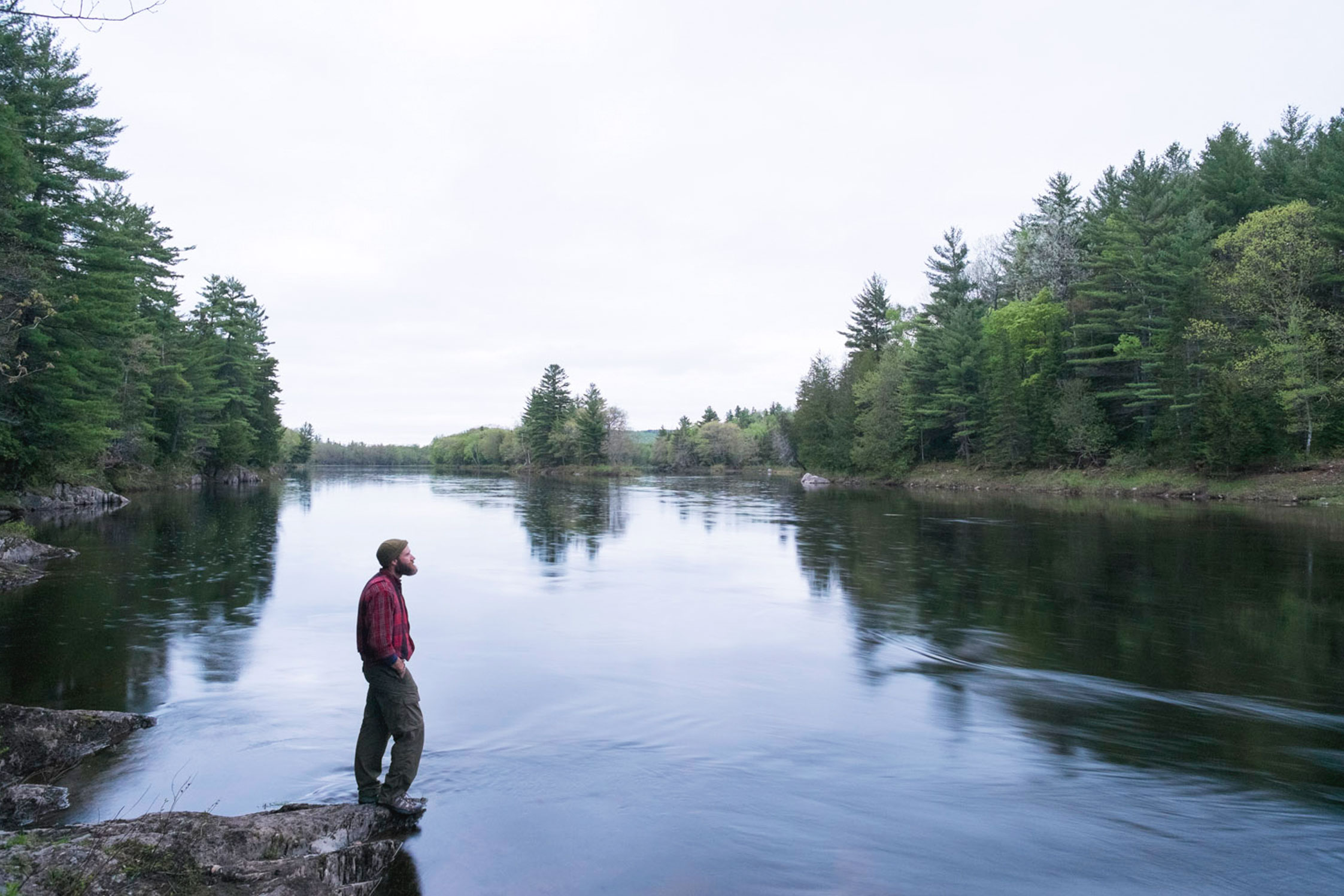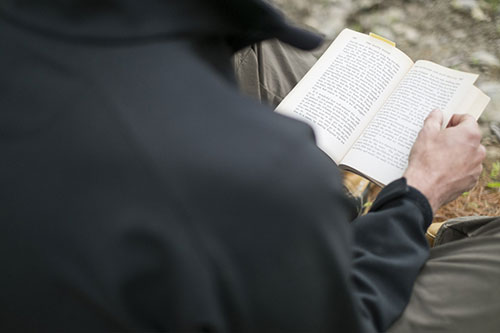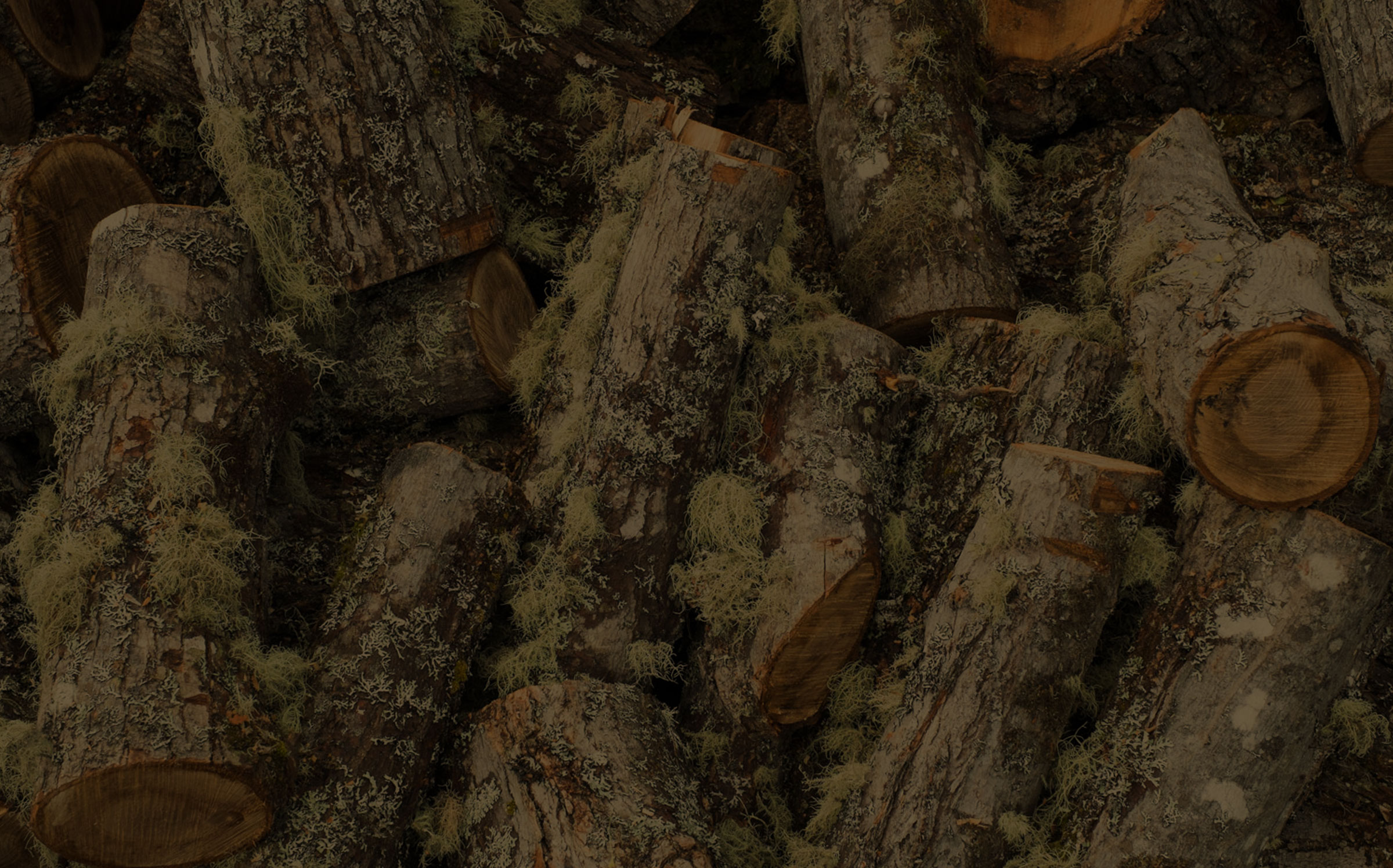And, if it were up to him, that would be the case forever. Henry David Thoreau made no secret of the fact that he felt it was up to him. There were few others willing to conduct the human experiment of living alone beside a pond in the woods, few others willing to embark on journeys of discovery, science and spirituality into the vast wilds of Maine.
The question has long been asked: Through his example, his study and his declarations of the vital need for humankind to respect, embrace and protect the natural world, was Henry David Thoreau our first environmentalist? The case in favor has been articulated time and again in the years that followed by scholars and biographers and, more importantly, by a whole new category of students and advocates of nature—the conservationists. The consensus is, of course, yes. Did Henry David Thoreau have an inkling at the time that his observations, writings and life experience would be the seeds of a nationwide outgrowth of respect for and conservancy of the wilds he loved?
On this, we can only speculate. What we do know is that the youthful Thoreau was right there observing the world as his native Concord lost much of its surrounding forests to farming and the demand for wood to use as fuel. The village itself became a virtual life form of its own before his eyes as it expanded into the previously wild countryside. With his feet firmly in the present but his eyes looking toward the future, he wrote in his essay, “Walking”: “I wish to speak a word for Nature, for absolute Freedom and Wildness, as contrasted with a Freedom and Culture merely civil,— to regard man as an inhabitant, or a part and parcel of Nature, rather than a member of society.”
It was clear to Thoreau that while the natural world around him had been in existence since primordial times, human beings were now very much a part of the landscape. The Native Peoples had been there for millennia, and the Europeans were now present in full force. Of course, there could be no reversing of history. What there could be, however, was a new kind of exploration and discovery—of study, education and, ultimately, a commitment toward a future in which the natural world was as much a part of humanity as humanity was of it.




